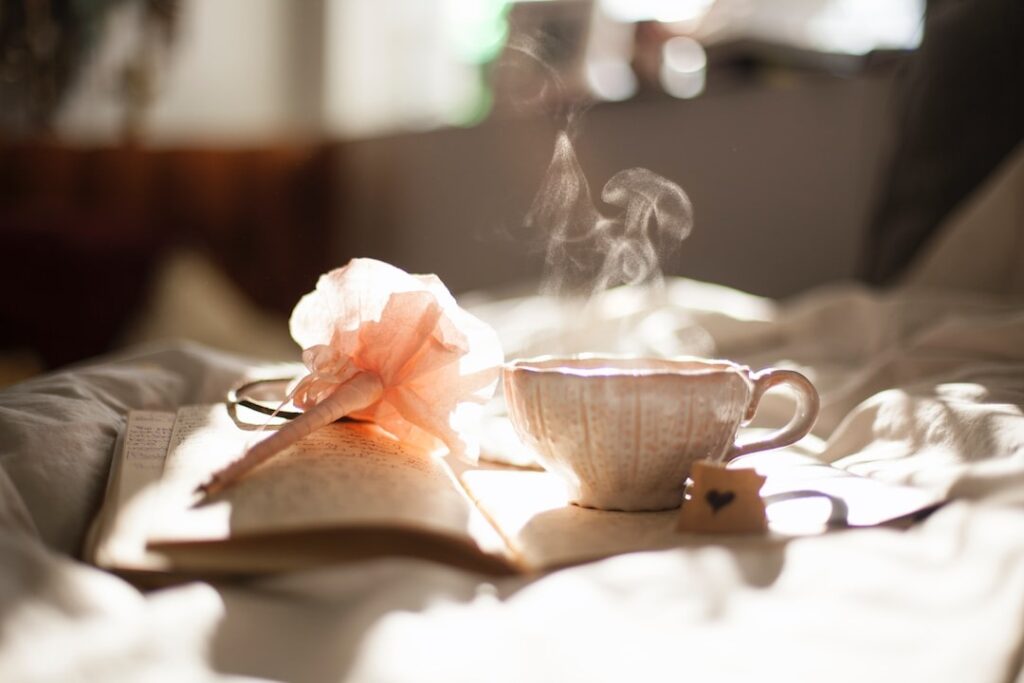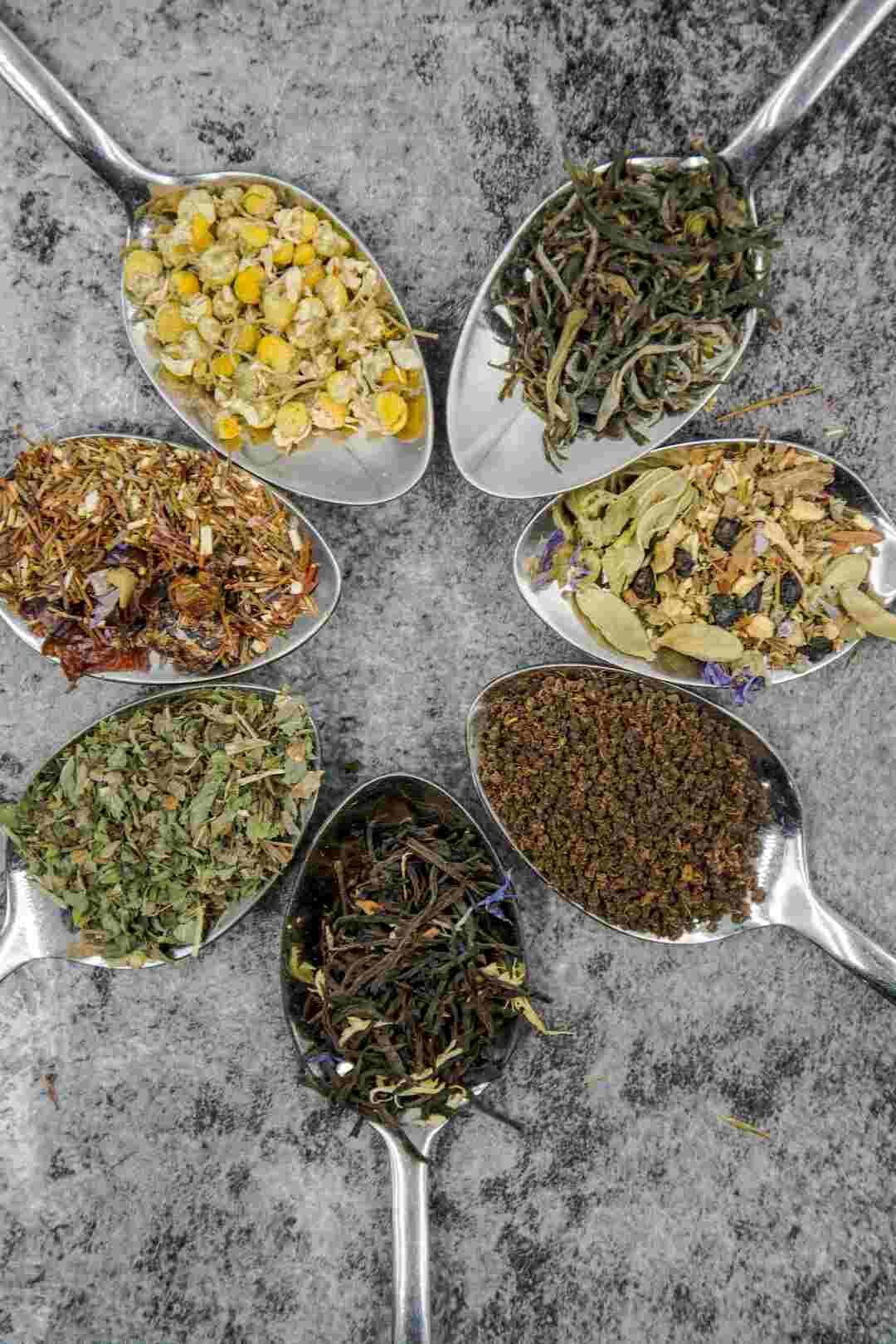The Best Places for Afternoon Tea in Bellevue
Looking for a luxurious and elegant way to spend your afternoon? Look no further than the classic tradition of afternoon tea. Bellevue, Washington, has a variety of options for those looking to indulge in this timeless pastime. From classic tea rooms to trendy cafes, here are some of the best places for afternoon tea in Bellevue:
The Georgian at the Fairmont Olympic Hotel
The Georgian is the epitome of sophistication and elegance. Located in the historic Fairmont Olympic Hotel, this location offers an atmosphere of refinement with live classical music playing in the background. The menu includes a variety of tea sandwiches, scones with clotted cream and jam, pastries, and of course, a selection of teas.
The Pink Door
If you’re looking for a unique twist on afternoon tea, The Pink Door is the place to go. This charming Italian restaurant offers a cozy atmosphere and a rooftop patio. Their menu includes items such as bruschetta, crostini, and charcuterie boards, along with tea and prosecco.
Queen Mary Tea Room
If you’re willing to venture to nearby Seattle, the Queen Mary Tea Room is a classic tea room with a vintage feel. They offer a variety of teas, along with traditional tea sandwiches, scones, and pastries.
Cha Cha Matcha
If you’re looking for a more casual and affordable option, Cha Cha Matcha is a trendy cafe located in downtown Bellevue. They offer matcha tea, as well as other types of tea, and a variety of pastries and snacks.
The Heathman Hotel
If you’re a literature lover, The Heathman Hotel may be the perfect place for you. They offer a literary-themed afternoon tea inspired by famous authors. The menu includes items such as Alice in Wonderland-inspired “Eat Me” cakes and The Great Gatsby-inspired champagne cocktails.
Conclusion
Whether you’re looking for a luxurious and elegant experience or a more casual and affordable option, Bellevue has plenty of options for afternoon tea. From classic tea rooms to trendy cafes, there’s something for everyone. So next time you’re looking for a way to indulge in a little luxury, consider afternoon tea in Bellevue.
Discovering the History and Significance of Afternoon Tea
Afternoon tea is a social event that has been enjoyed by many for over a century. It originated in England as a way for the upper class to socialize and take a break during the long gap between lunch and dinner. In this blog post, we will explore the history and significance of afternoon tea, from its humble beginnings to its current revival as a luxurious indulgence.
The Origin of Afternoon Tea
The credit for popularizing afternoon tea goes to Anna Maria Russell, the 7th Duchess of Bedford, who often felt hungry during the long gap between lunch and dinner. She started taking tea and snacks in her room, and soon invited her friends to join her. Afternoon tea soon became a fashionable social occasion for ladies, with elaborate tea sets, fine china, and dainty sandwiches, cakes, and pastries.
Spread of Afternoon Tea
The tradition of afternoon tea spread beyond England to other countries with British influence, such as India, where it became known as “chai time” or “hi tea.” Afternoon tea also had political and cultural significance, as it was associated with the ideals of civility, refinement, and social order that the upper class wanted to project. It was a way of distinguishing themselves from the lower classes and showing their status and taste.
The Decline and Revival of Afternoon Tea
Afternoon tea declined in popularity after World War I, as social norms and lifestyles changed, and tea became more widely available and affordable. However, it experienced a revival in the 21st century, as a nostalgic and luxurious indulgence, often served in fancy hotels and restaurants with modern twists on the classic menu.

Conclusion
Afternoon tea has a rich history and cultural significance that goes beyond just a simple cup of tea and a snack. It has been a way to socialize, project status and taste, and even to show political and cultural ideals. Whether you enjoy afternoon tea as a nostalgic indulgence or as a way to connect with friends and family, its enduring popularity is a testament to its lasting appeal.
The Many Types and Health Benefits of Tea
Tea is a beverage enjoyed by millions of people around the world. Not only is it a delicious and comforting drink, but it also has a long history and cultural significance in many countries. There are many different types of tea, each with their own unique flavor and health benefits. Let’s take a closer look at some of the most popular types of tea and what makes them so special.
Black Tea
Black tea is the most common type of tea served during afternoon tea. It is fully oxidized, giving it a bold and strong flavor. Some popular varieties include English Breakfast, Earl Grey, and Darjeeling. Black tea is also said to have health benefits such as improving heart health and reducing the risk of stroke.
Green Tea
Green tea is unoxidized and has a lighter, more delicate flavor compared to black tea. It is often served in Japanese-style afternoon teas and has health benefits such as improving brain function and reducing the risk of cancer.
Herbal Tea
Herbal tea, also known as tisanes, is made from herbs, flowers, and spices instead of tea leaves. They do not contain caffeine and have a wide range of flavors, such as chamomile, peppermint, and hibiscus. Some herbal teas have health benefits, such as helping with digestion and reducing inflammation.
White Tea
White tea is made from the youngest leaves and buds of the tea plant. It has a very light and subtle flavor, often described as sweet and floral. White tea is said to have health benefits such as improving skin health and reducing the risk of heart disease.
Oolong Tea
Oolong tea is partially oxidized, giving it a unique flavor profile that is somewhere between black and green tea. It is often served in Chinese-style afternoon teas and has health benefits such as improving bone health and reducing the risk of diabetes.
Pu-erh Tea
Pu-erh tea is fermented and aged for several years, giving it a rich, earthy flavor. It is often served in Chinese-style afternoon teas and has health benefits such as aiding in digestion and reducing cholesterol levels.
While there are many claimed health benefits associated with drinking tea, it is important to note that these claims are not scientifically proven and should be approached with caution. However, many people enjoy drinking tea for its unique flavors and cultural significance.
Conclusion
Whether you prefer a bold cup of black tea or a delicate cup of white tea, there are so many types of tea to choose from. Each tea has its own unique flavor and potential health benefits, making it a wonderful addition to any afternoon tea or daily routine. So, why not brew yourself a cup of your favorite tea and savor the moment?


Leave a Reply